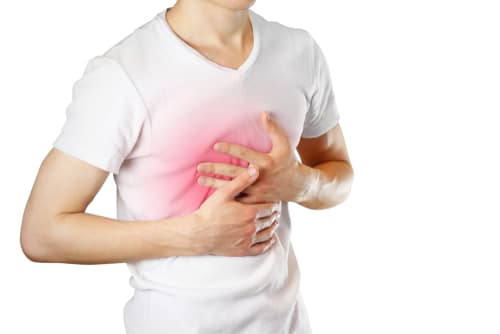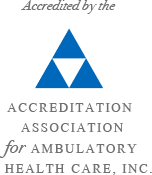Understanding and Treating Barrett’s Esophagus in NYC

Barrett's esophagus is a serious complication resulting from repeated stomach acid exposure. This condition often occurs due to gastroesophageal reflux disease (GERD), causing changes to the cells that line the esophagus. Early detection of Barrett's esophagus is essential, as it can develop into esophageal cancer if left untreated. If you are in NYC or the surrounding areas looking for treatment, read on to learn more about Barrett's esophagus and available treatment options.
How is Barrett's Esophagus Diagnosed?
To diagnose Barrett's esophagus, a gastroenterologist will perform an upper endoscopy to view the lining of the esophagus. A biopsy may also be taken to examine the tissues further. Changes in cells, called dysplasia, determine the level of change the cells have undergone. Treatment options for Barrett's esophagus differ greatly depending on the level of dysplasia present.
Common Symptoms of Barrett's Esophagus
Symptoms of Barrett's esophagus include frequent heartburn, difficulty swallowing, upper abdominal pain, chest pain, and a dry cough. If you are experiencing any of these symptoms, it is important to consult a gastroenterologist for an evaluation.
Who is at Risk For Barrett's Esophagus?
Research shows that Caucasians, older adults, and men are at the highest risk for developing Barrett's esophagus. If you experience chronic heartburn or frequent acid reflux, you are also at a heightened risk for developing the disease.
Treatment Options for Barrett's Esophagus
Depending on the level of dysplasia present, there are various treatment options for Barrett's esophagus. Lifestyle changes and medication can help control acid reflux and prevent or decrease the effects of Barrett's esophagus for patients with no dysplasia or very low dysplasia.
A periodic endoscopy exam is recommended in cases of Barrett's esophagus that do not show drastic changes in its composition. In more severe cases of Barrett's esophagus (high dysplasia) or where conservative treatments are ineffective, surgical options may be considered.
Lifestyle Changes and Medications for Treatment
Lifestyle changes such as avoiding laying down for at least three hours after eating, sleeping with your head elevated, making diet changes, avoiding alcohol and tobacco, and losing weight may be recommended. Medications may include antacids, H2 blockers, and proton pump inhibitors.
Get Help with Digestive Issues in New York City
If you're experiencing digestive issues, don't wait any longer to get the help you need. Consult a trusted doctor at Gramercy Park Digestive Disease Center in New York City. Our expert team can diagnose and treat your digestive problems effectively. Contact us today at 212-979-3237 to schedule an appointment and start feeling better!


